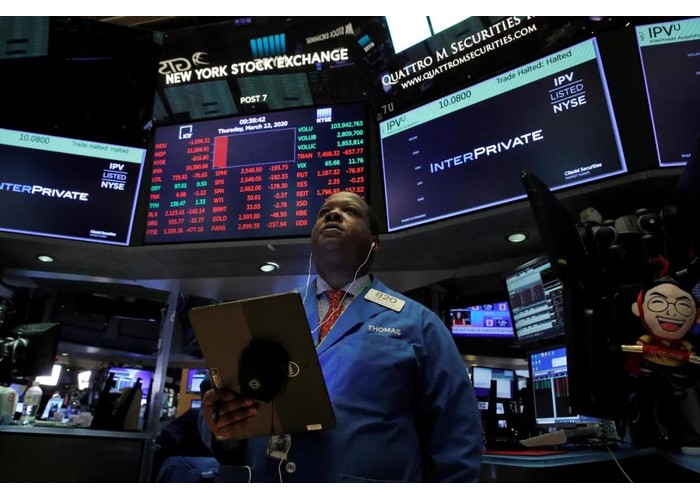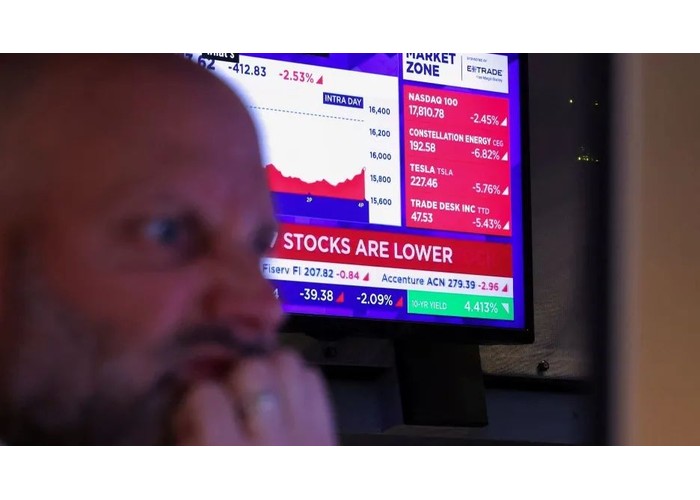On the Eve of the Storm: Market Conflicts Amidst Fed Independence, Tariff Debates, and Expectations of Rate Cuts
Amidst challenges to the Fed's independence and the Trump administration's tariff policies sparking anxiety in global markets, US stock index futures stagnated on Monday, while gold futures bucked the trend and surged, reaching a new record high.
more































